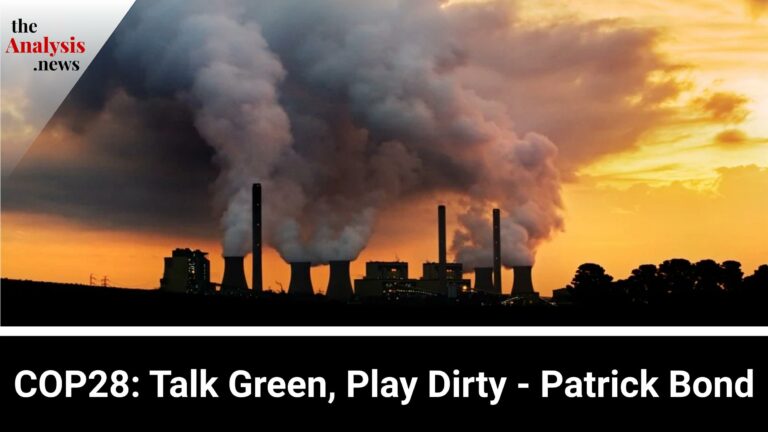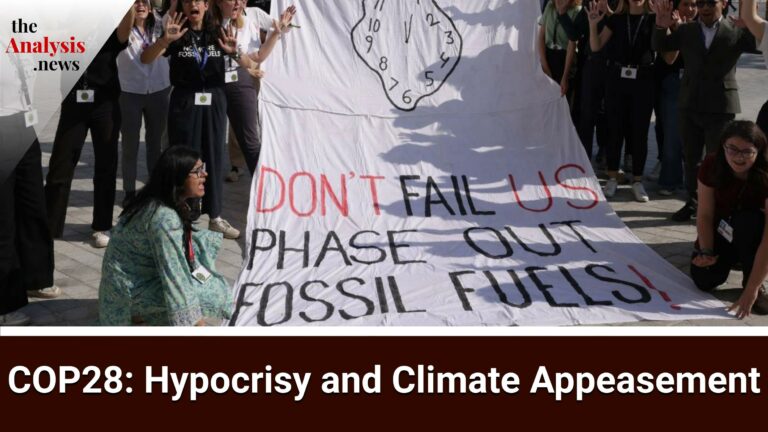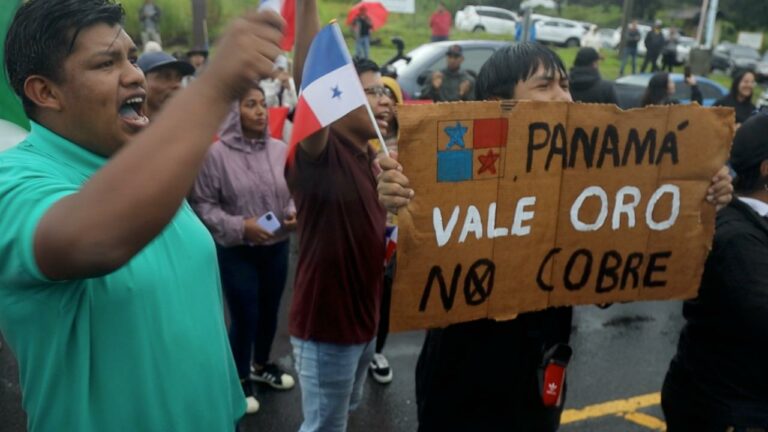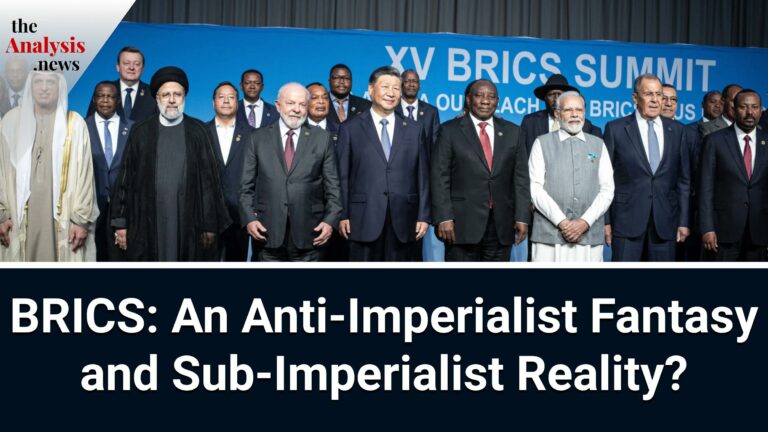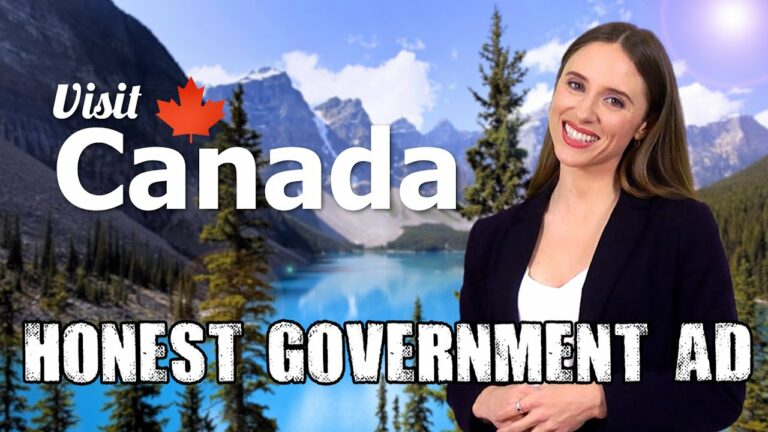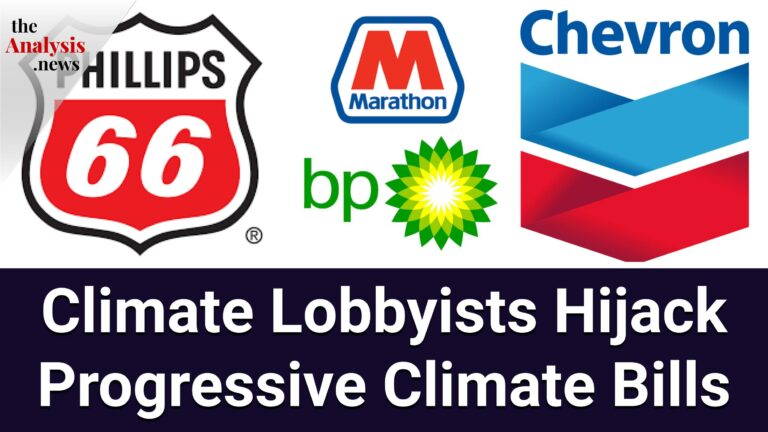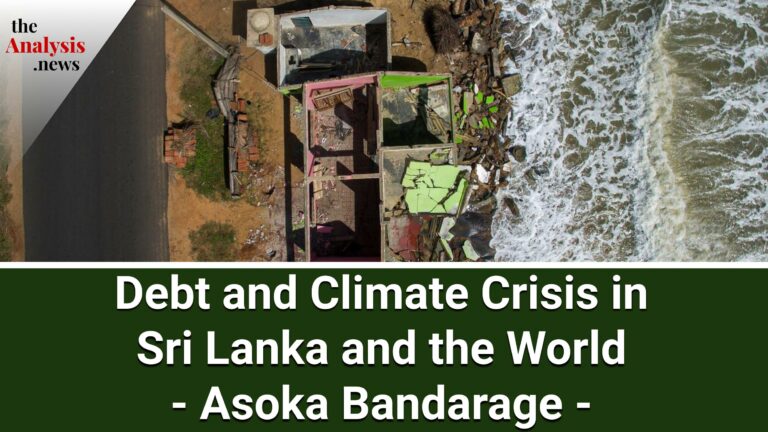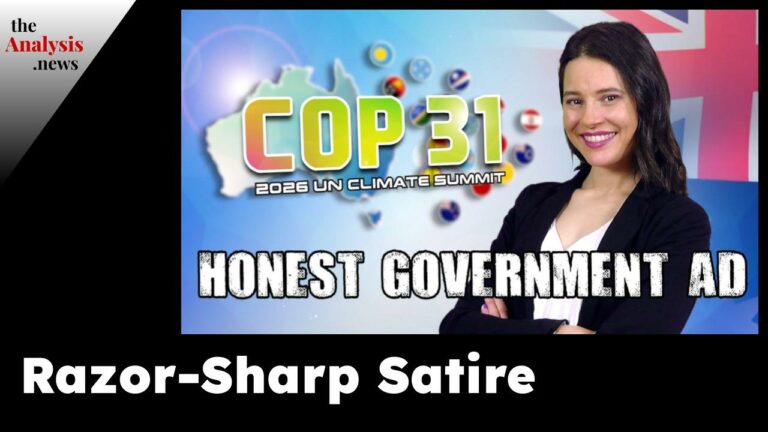Capitalocene: How Capitalism Created the Climate Crisis – Jason W. Moore pt 1/2
The current climate crisis emerged out of a specific set of historical and economic factors which have maintained capitalist accumulation and class inequalities to this day. Jason W. Moore, geographer and Professor of Sociology at Binghamton University, explains how the development of capitalism fueled European colonialism and Western imperialism, resulting in a novel form of climate destruction.


